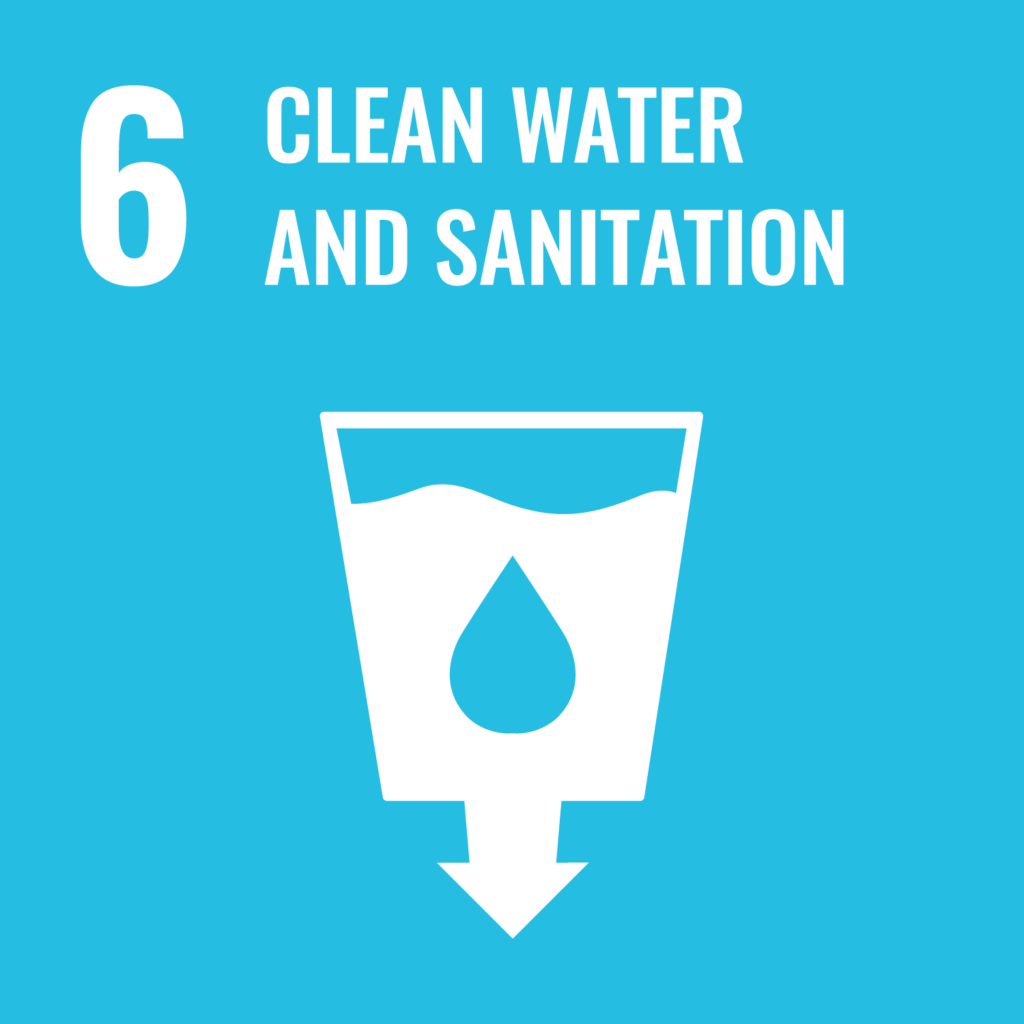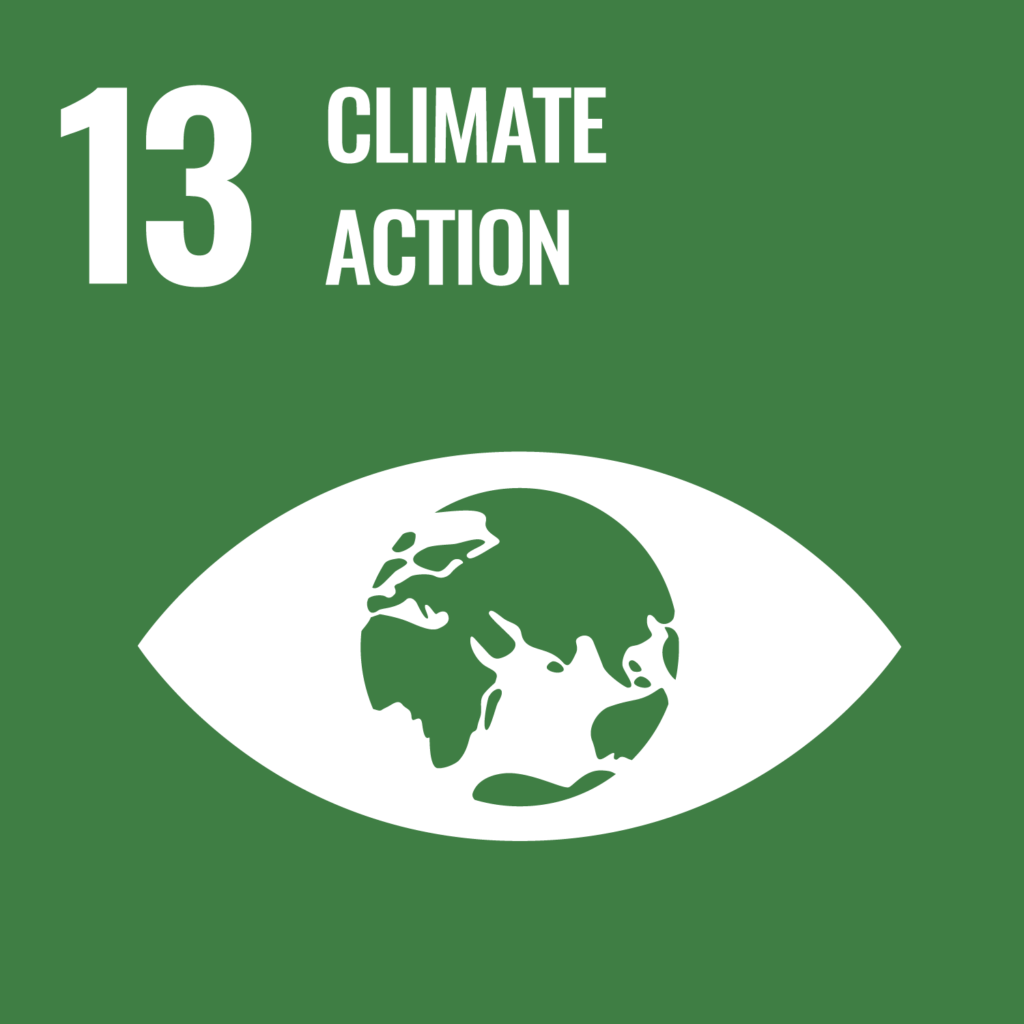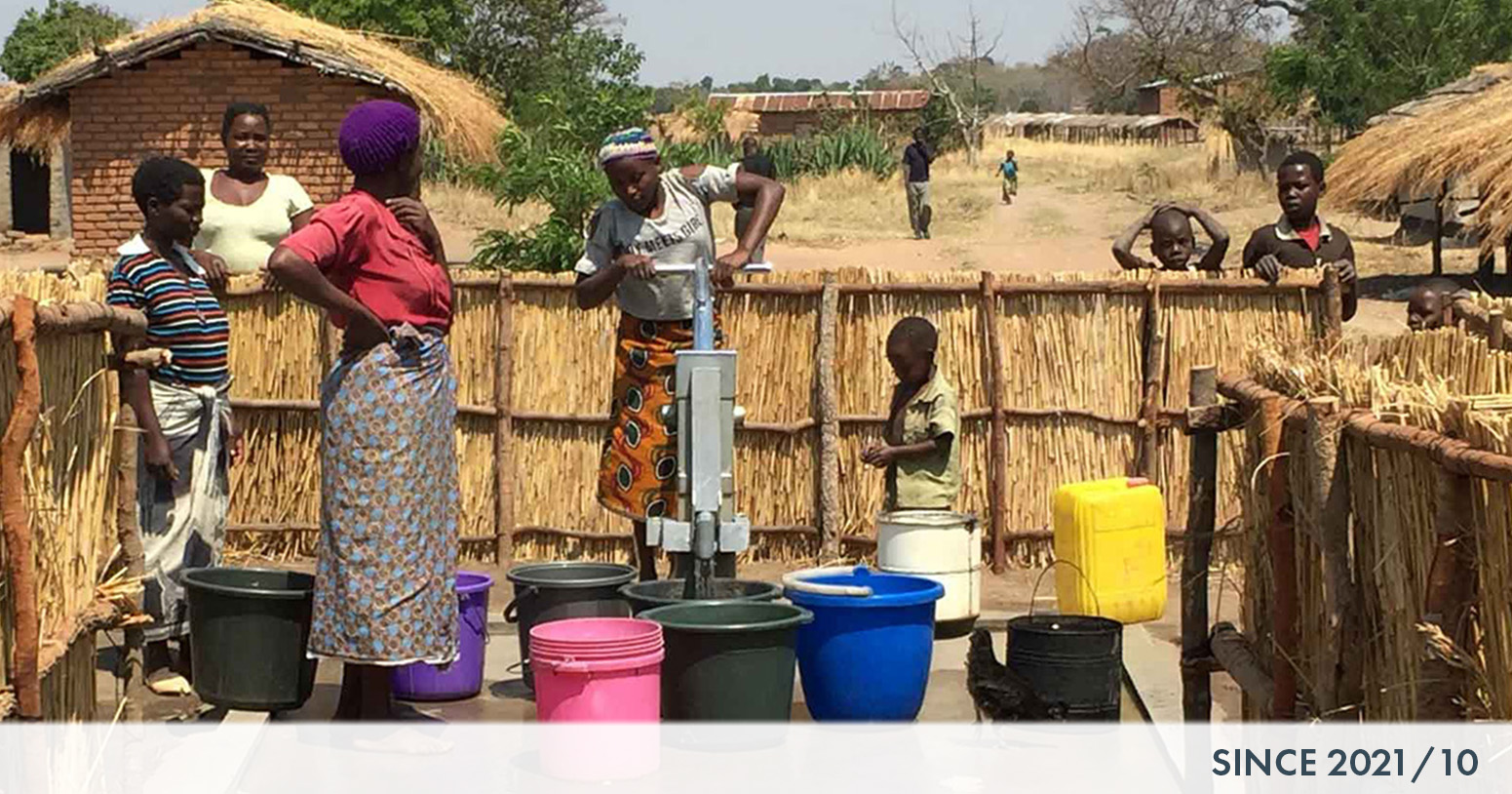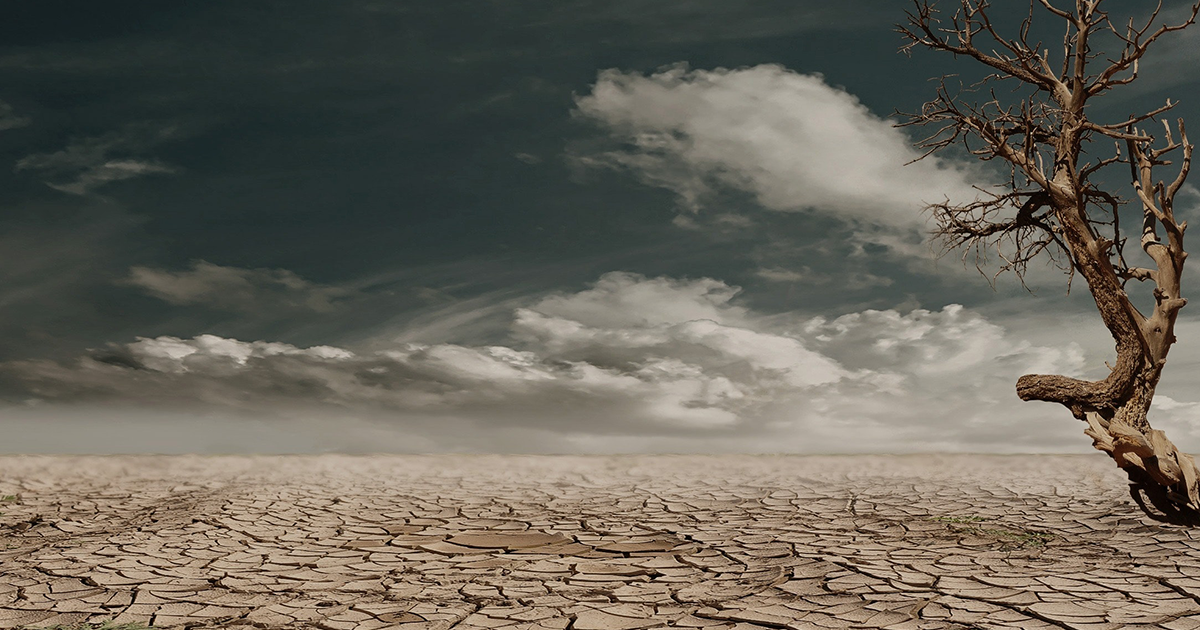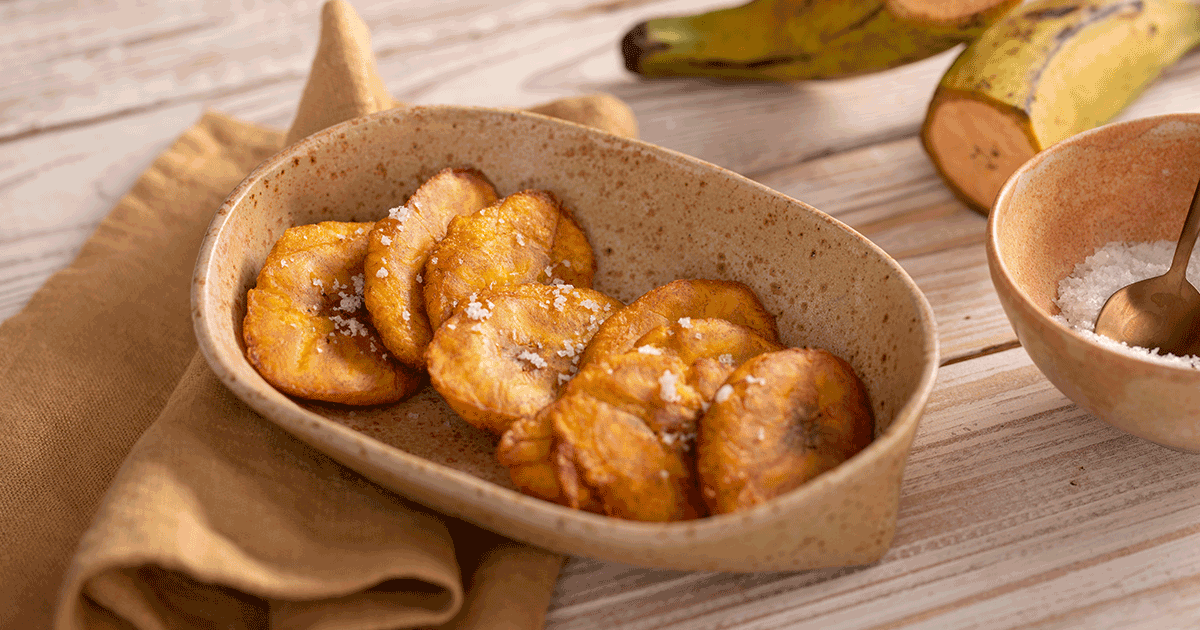Water – an important resource
If you think about it you will realise that we use water constantly and everywhere here in Europe – be it for drinking, showering, washing, or cooking. It would be hard for us to imagine doing all these things with contaminated water. For most of the inhabitants in Malawi, however, this is the harsh reality.
More often than not, the tasks of both water procurement and water supply are assigned to the women and girls in the community. So in addition to having to invest a lot of their time and energy they also become exposed to contaminated water on a regular basis and run a higher risk of contracting bacteria and viruses.
As if these negative effects weren’t enough already, the production of clean drinking water also harms the environment. In order to make the available water drinkable, it needs to be boiled. As a consequence, entire forests are cut down for firewood, and the open fires create huge clouds of smoke which release plenty of CO2 into the air and promote eye and respiratory diseases.
The drinking water project in more detail
With the drinking water project in Malawi, we are addressing the above-mentioned problems through our independent partner ClimatePartner. The project’s goal is to repair defective wells with broken pipes or similar damages and to build new wells for the population. Through these wells, the inhabitants gain access to clean drinking water, which is free of charge and generates zero CO2 emissions in the long term. Thereby, air quality will be improved and the health risk to the people will be reduced. Furthermore, the women will save a lot of time thanks to these wells – valuable time that they can use for other productive work.
The drinking water project can save around 10,000 tons of CO2 annually and significantly improve the quality of life of the population. By eliminating the need to cut down forests to produce firewood, it also preserves biodiversity and protects species diversity.
The large number of positive effects on the climate, the economy and social life convinced us to become involved here. Another reason why we support this project is its Gold Standard certification. That is the highest possible standard for projects in the voluntary offset market, proven to reduce greenhouse gases while being good for the local environment and social needs of the population.
You would like to know what your support could be? Learn more about the contribution you make when you buy our climate-neutral products.
Our carbon offset projects are in line with many SDGs (= Sustainable Development Goals set by the UN). This project focuses on:




